Like flowers, yearning for the sun, desire is an essentially healthy function of the human body.
It is easy to misunderstand desire. Our ignorance of what we are results in a misinterpreted experience of our own want, resulting in suffering.
But the very essence of desire can become a wise guide assisting us in all aspects of life. First, consider three essential misunderstandings of desire:
First Mistake: Desire Should be Satisfied
There was a philosopher in ancient Greece named Epicurus. In a great irony of history, his name has become associated with those who crave the richer, rarer, abundance of food.
Epicurus noted that there is a problem with the seemingly obvious logic of satisfying desire: a satisfied desire returns stronger than ever.

If an unsatisfied desire is suffering, Epicurus taught, the only true release from suffering is to eliminate desire in the first place.
The spiritual path of tantra — itself often mistakenly identified with pure hedonism — takes a slightly different approach: appreciate desire.
The antidote to the misunderstanding that desire should be satisfied is to stay conscious of the fact that desire is just another sensory experience.
Sensory experiences are information: when I hunger, desire delivers the information that my body would benefit from food.
I can take conscious action on this information, which may be to prepare a meal. But if I have an intention of limiting my consumption, I can choose to simply acknowledge this information — and honor the physical sensations that come with it.
The suffering that Epicurus analyzed comes not from desire itself, but from a judgement that we apply to it and from the belief that it is an experience we should eliminate.
This distinction, between discomfort — a sensory phenomenon, and suffering — a mental phenomenon, is crucial to transforming our relationship to desire.
We cannot always control our sensory experiences. With practice, however, we can master our cognitive experiences.
If we have no belief that discomfort ought not be experienced, if we treat all sensory experiences with curiosity and appreciation, desire becomes very simple: it is a sensory experience that generates energy and provides information.
From that energy and from that information tremendous wisdom can follow.
It is true that some sensory experiences can be more pleasant than others, but all experiences can be equally worthy of appreciation.
Second Mistake: Desire Should be Denied
Many religions and spiritual traditions have an ascetic side to the teaching.
Seemingly more in line with Epicurus, this teaching follows the logic to it’s conclusion: if all desire is for pleasure, and all desire begets more desire, and unsatisfied desire is suffering, then the wise course of action is to eliminate all pleasure.

Artist|Unknown
Epicurus himself would not necessarily agree:
There is also a limit in simple living. He who fails to heed this limit falls into an error as great as that of the man who gives way to extravagance. — Epicurus, Vatican Sayings, LXIII
If you grasp the essence of the prior section, it should be clear that this misunderstanding is exactly the same as the belief that desire should be satisfied.
Attraction and aversion are exactly the same choice, made in different directions.
In particular, extreme asceticism adopts the same belief: that desire itself is inherently “bad” and must be eradicated. Not through fulfillment, but through discipline.
From a pragmatic perspective, this approach works very slightly better than trying to fulfill desires. It is possible to cultivate such extraordinary discipline that desire can atrophy. In fact, the very real pains of hunger and thirst can be alchemized into transcendent joy, as Jains who end their life by giving up all food and drink experience.
But it is a cruel and brutal discipline, and — according to the tantra I teach — unnecessary.
In fact, the faster path to releasing ourself from suffering remains the very same, simple antidote: consciously attend to the experience of desire, accumulate and move the energy of it, and digest the information of it.
Third Mistake: Some Desires are Better or Worse than Others
A different misunderstanding of desire is that desires can be “good” or “bad.”
In particular, desires such as ‘to lead a healthy and prosperous life’ are generally thought of as “good” desires in our society. Some subsets of our culture consider sexual desires to be inherently or contextually “bad.”
Desires such as addiction are generally thought to be pretty much terrible all around.
Once again, desire in its essence is energy that conveys information. An essential teaching and practice to experience reality is the release of judgement.

Artist|unknown
This division of the world into “good” and “bad” is an omnipresent source of suffering.
Judgement, we discover, turns out to be a largely painful distraction from a richer world filled with joys and sorrows, pains and pleasures, and deep underlying joy.
In fact, once we begin to shift to a conscious appreciation of desire without judgement — or attachment to outcome — we can readily begin to see which desires are in alignment with our conscious intentions and which are not.
(This may sound like a fancy way of dancing around judgement, but we make this distinction: judgement labels an absolute or inherent rightness or wrongness in choice, whereas discernment labels the selection of choices that authentically support our intentions.)
Although this is a rich and challenging shift to undertake, the antidote to this misunderstanding about desire is, fortunately, much easier: consider every desire as a form of perfectly legitimate hunger.
For example, the alcoholic fighting against the desire for another drink is deeply sunk in shaming this desire.
But, for many, the deeper form of this desire — the essential hunger — is not for drunkenness, but to escape something unpleasant.
Maybe pain, or fear, or unhelpful ideas about a damaged self. We want to avoid pain and experience pleasure. That’s a healthy, natural impulse!
The attachment of this healthy impulse to a mechanism (intoxication) that actually exacerbates our situation is a tragic mis-wiring.
Now, I’m not going to insult anyone by saying that rewiring the brain is trivial or comfortable, but with an understanding of the error our body has fallen into, and a compassionate and loving appreciation for how this impulse is trying to help us, the rewiring becomes considerably less daunting.
Now, instead of having a demonic enemy undermining us from within, we have a confused and misguided friend. Frustrating, perhaps, but far less terrifying.
Living Without Morality
By clearing up our misunderstandings about desire, we can be fully liberated from the burden they seem to impart.
And, by allowing ourself to have all of our desires — free of shame, expectation, or obligation — we make it possible to choose in accordance with those desires that most beautifully harmonize with whatever purpose we have chosen for the present time in our life.

Art By| Frank Morrison
With practice, it becomes possible to live entirely without morality: because our consciousness penetrates through to the very center of what we are, where our desires come from, what our desires are really for, and what desires serve us.
When we can experience our desires with this utmost level of clarity, rules and dictates about what we should or should not do become superfluous.
This was a discovery and teaching of tantra, but it is not limited to tantra. Many spiritually awakened women and men have had similar teachings at the heart of their guidance.
Consider Jesus and his constant rejection of the rules and laws of the religion of his age, even including Moses’ commandments.
This was not because he was a rebel, but because he saw through to the very heart of his purpose: to love God with all his strength, and to love his neighbors likewise.
In fact, this is what generally happens with people who do the work of freeing themselves from the confusion and constraint of misunderstood desire: the liberation that follows doesn’t create amoral monsters, but rather above-moral beings devoted to love.
Crucial Caveat: “Spiritual Bypassing”
There is a real and profound risk in the teaching of this essay.
The risk, which falls into the category of “spiritual bypassing,” is that of not doing the work of seeing into the heart of desire.
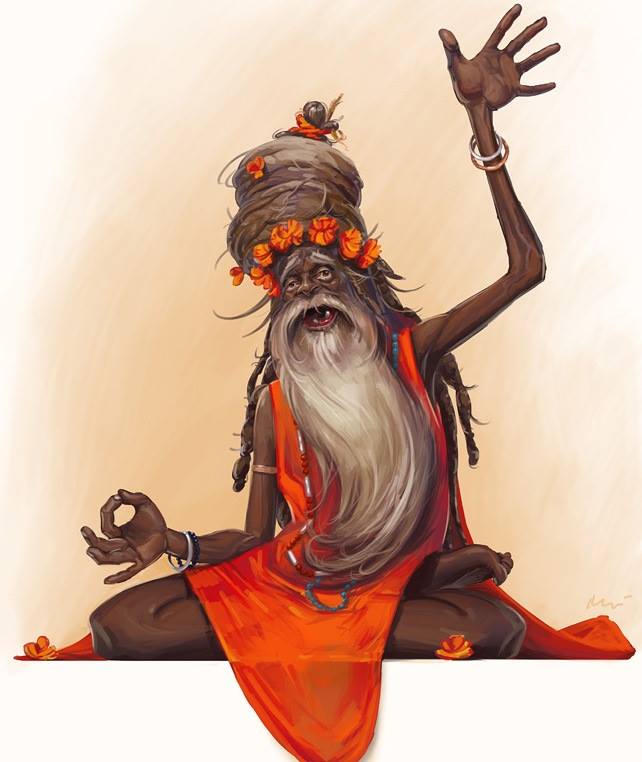
Artist| Unknown
If, instead of discerning from the seat of consciousness, we judge from seat of ego — under the mistaken notion that we are in fact discerning — we can do real harm to our self or others.
Until such time as the misunderstandings of desire are fully expunged, and the antidotes fully embodied, we take the risk of allowing hidden, “shadow” desires drive our choices, and of allowing mental models of right and wrong to masquerade as true insight.
The process of deepening understanding is not usually a quantum shift: we are not lost in judgment one moment and then, with a grand “Eureka!” living in crystal clear discernment the next.
There is a process of shifting from the place of mind to the place of consciousness.
Thus, in practical terms, there is a healthy adoption of generic best practices on the road to wisdom.
I recommend navigating this terrain with an experienced guide to unpeel and reveal the layers of story that obscure our ability to receive the wisdom of our desire, while cultivating this mystery of conscious presence.
Cover Art|Mark Kostabi






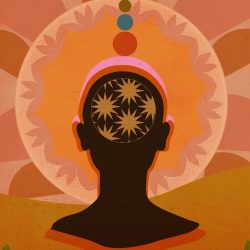
















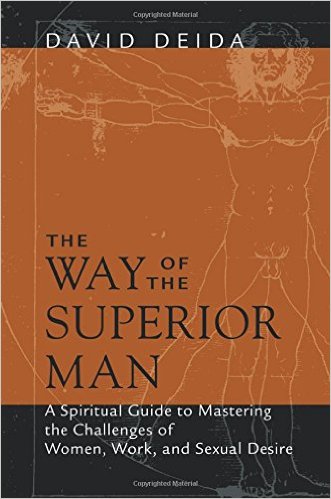
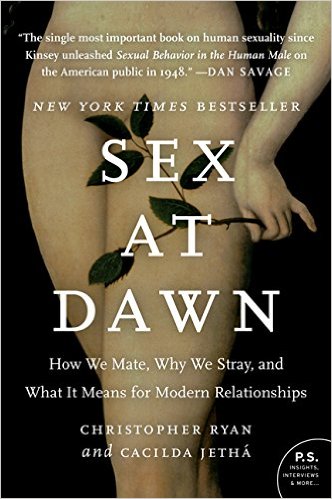
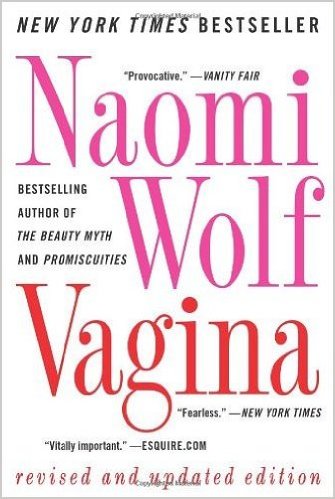
Follow US